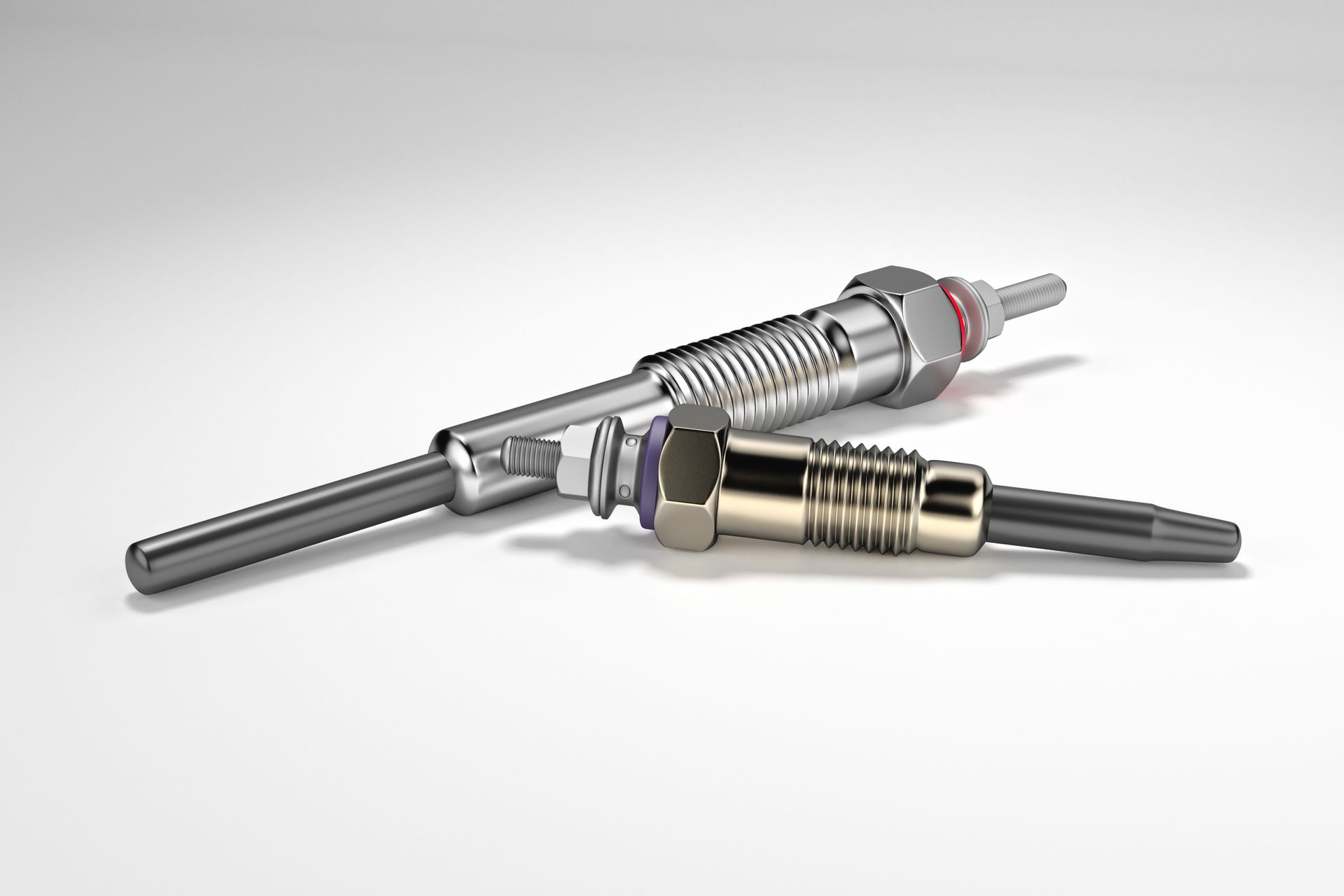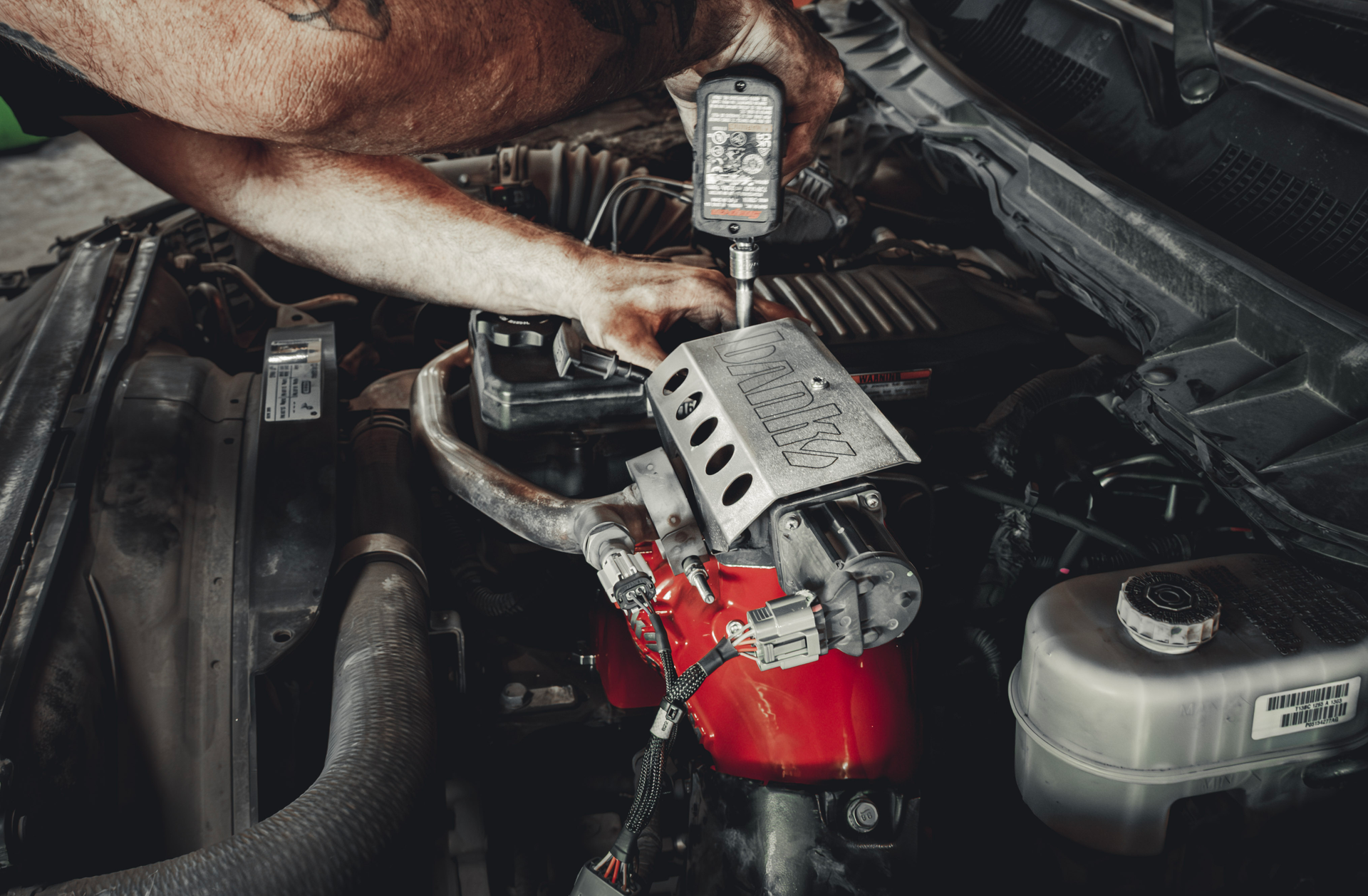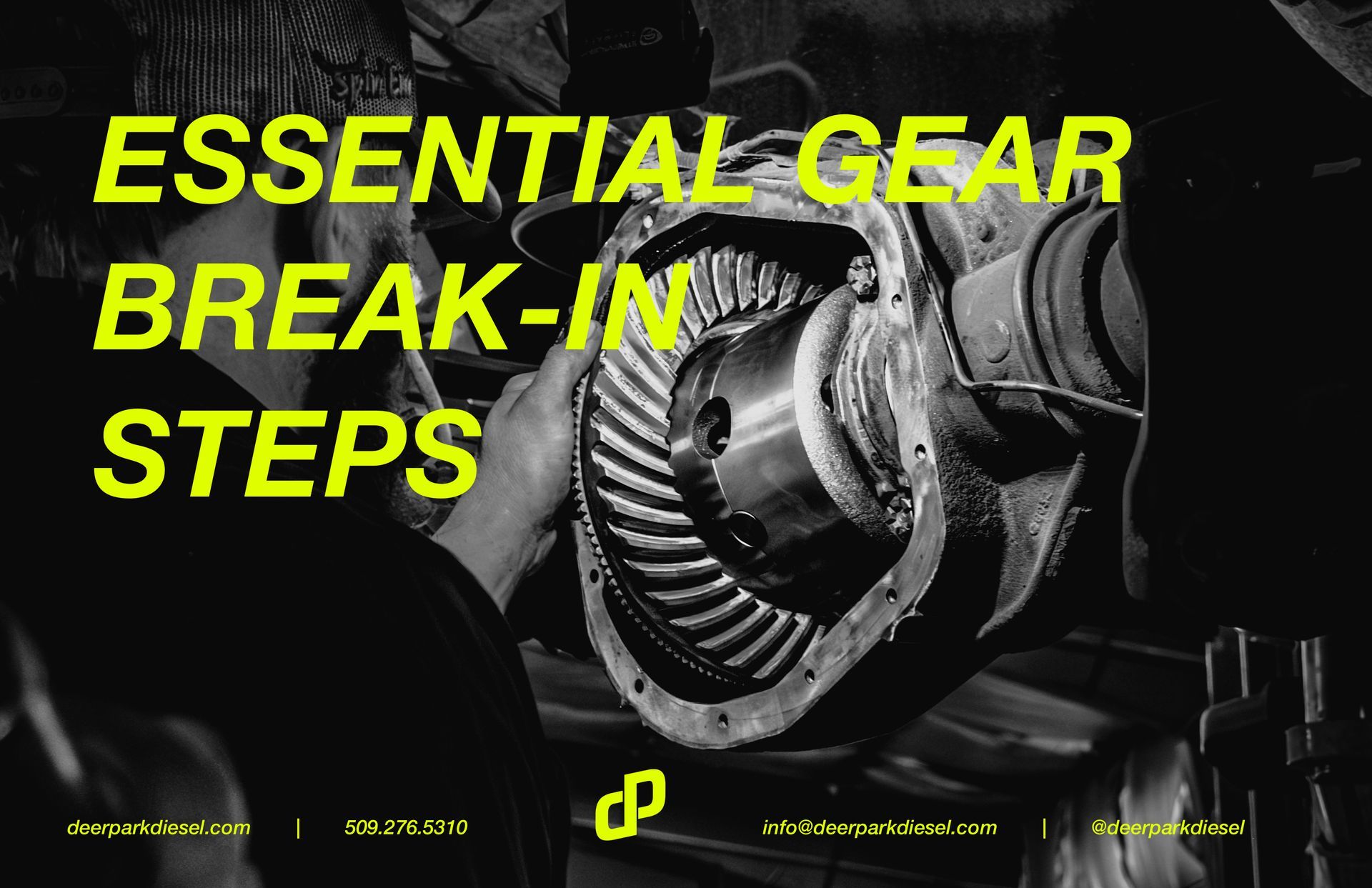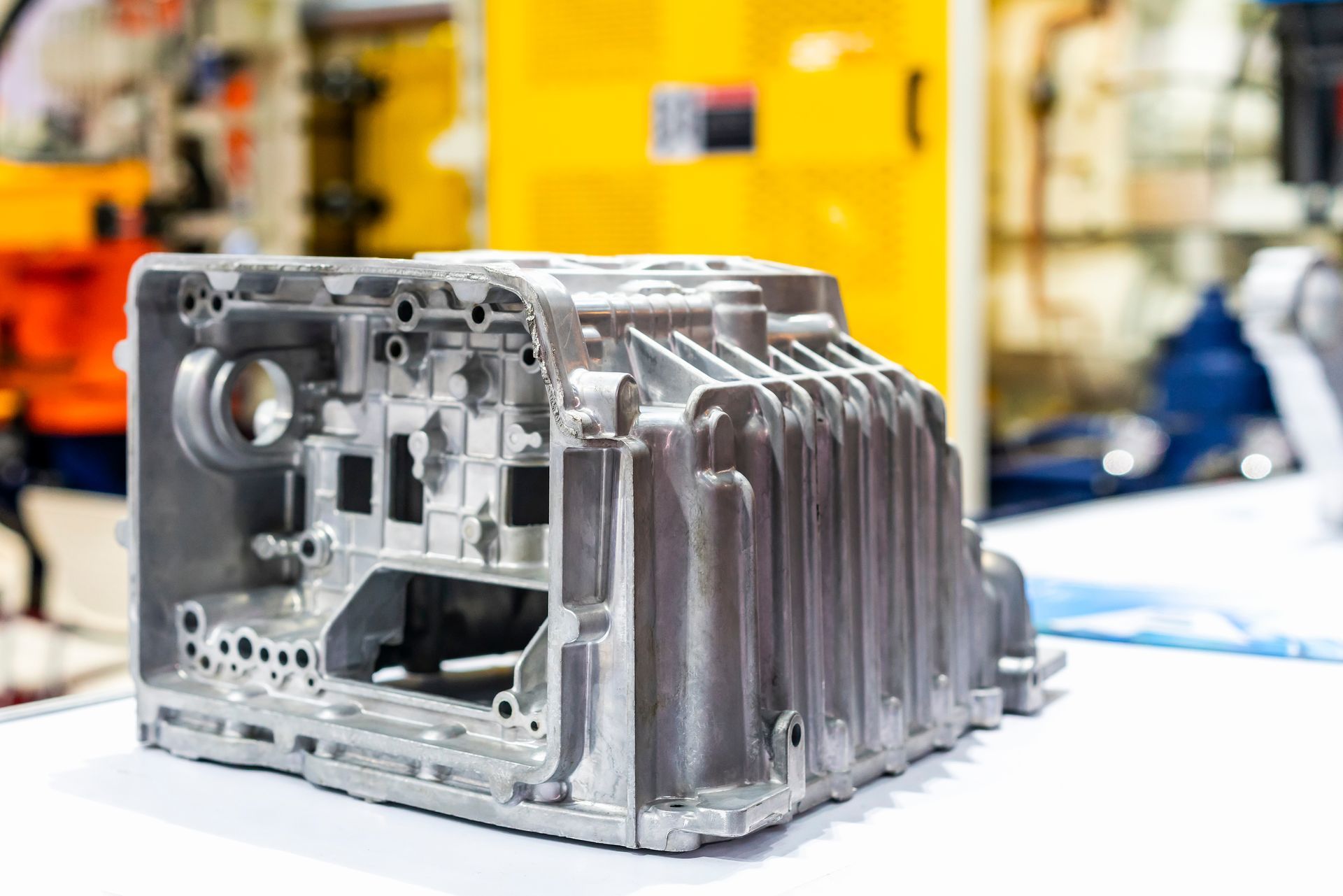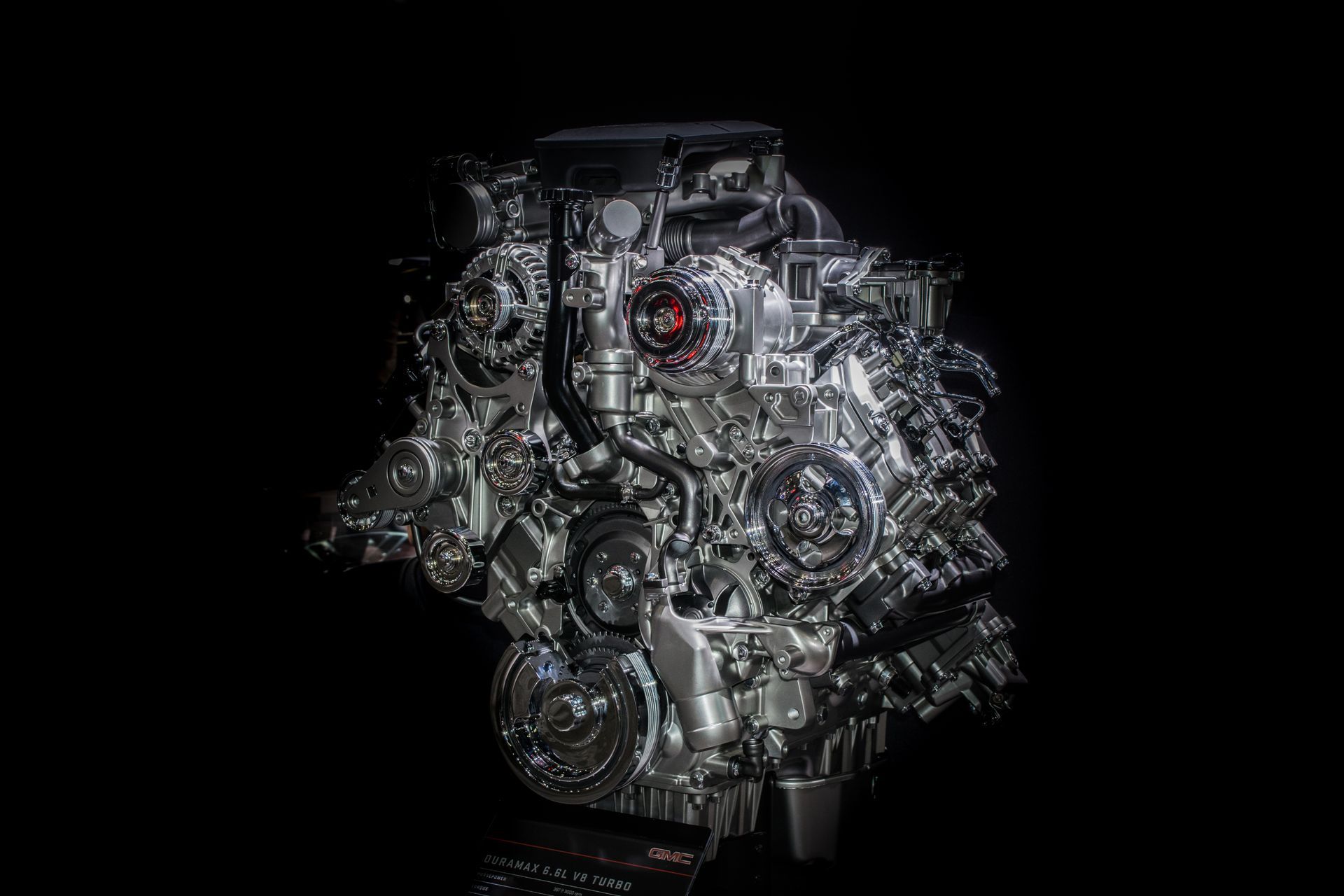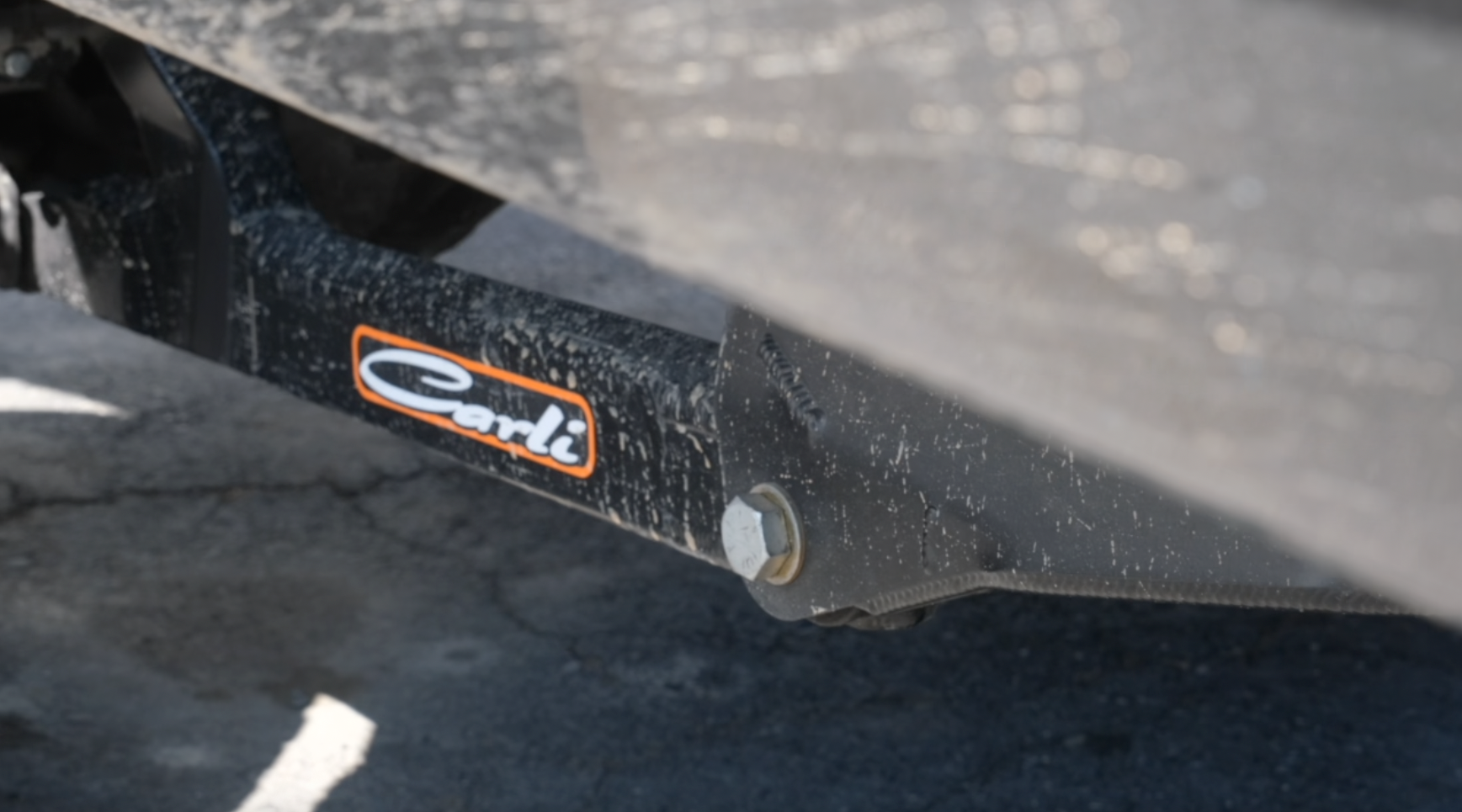If you drive a diesel vehicle, you’ve probably seen plenty of fuel additives on the market—all promising better performance, increased fuel economy, and a cleaner engine. But with so many options available, it’s natural to wonder: Are diesel fuel additives really worth it, or are they just another unnecessary expense?
The answer depends on your driving habits, fuel quality, and how well you maintain your engine. Some additives provide real benefits, while others may not be necessary for every vehicle. Here’s what you need to know before deciding if a diesel fuel additive is worth your money.
What Do Diesel Fuel Additives Do
Diesel fuel additives are chemical compounds added to fuel to enhance performance, improve combustion, and protect engine components. Different additives are designed to solve specific diesel engine problems, including:
- Fuel system cleaning – Prevents carbon buildup in injectors and fuel lines.
- Cetane boosting – Improves combustion efficiency and power.
- Cold-weather protection – Lowers the freezing point of diesel to prevent gelling.
- Lubricity enhancement – Reduces wear on fuel system components.
Whether or not you need an additive depends on the condition of your engine, the type of fuel you use, and your climate.
Situations Where Diesel Fuel Additives Are Worth It
While not every diesel driver needs fuel additives, there are certain situations where they provide real value.
1. Preventing Fuel Gelling in Cold Weather
If you live in a cold climate, diesel fuel can thicken and gel when temperatures drop, leading to clogged fuel lines and filter blockages. Anti-gelling additives help prevent fuel from thickening, ensuring smooth starts and reliable engine performance in winter.
2. Keeping the Fuel System Clean
Over time, diesel fuel injectors can become clogged with carbon deposits, reducing efficiency and causing rough idling or misfires. A fuel system cleaner additive helps dissolve these deposits, keeping injectors working properly and maintaining optimal fuel spray patterns.
3. Improving Cetane Levels for Better Performance
Cetane is the diesel equivalent of octane in gasoline, and higher cetane levels lead to better combustion, improved throttle response, and reduced emissions. Some lower-quality fuels may not meet the ideal cetane rating, so an additive can help improve combustion and reduce engine noise.
4. Adding Lubricity for Older Diesel Engines
Older diesel engines relied on high-sulfur diesel fuel, which provided natural lubrication for the fuel system. Since ultra-low sulfur diesel (ULSD) became the standard, older fuel pumps and injectors can wear out faster due to reduced lubrication.
Lubricity-enhancing additives help reduce friction and extend the life of these critical components.
When You Don't Need Diesel Fuel Additives
If you regularly fill up with high-quality diesel from reputable stations, your fuel likely contains enough detergents and lubricants to keep your engine running well. Many modern diesel engines are also designed to operate efficiently without additional additives.
In these cases, using extra fuel additives may not provide significant benefits—and in some instances, excessive additive use can even lead to fuel system imbalances.
How to Choose the Right Diesel Additive
If you decide to use a diesel fuel additive, it’s important to choose the right one for your needs. Some products are general cleaners, while others focus on specific issues like cold-weather protection or lubricity enhancement.
- For winter driving – Look for an anti-gel or cold-weather formula.
- For better fuel economy and performance – Choose a cetane booster or injector cleaner.
- For older diesel vehicles – Use an additive that restores lubricity lost with ULSD fuels.
It’s always best to follow your vehicle manufacturer’s recommendations and avoid overusing additives, as too much of a good thing can sometimes cause more harm than good.
Are Diesel Fuel Additives Worth It
For many diesel owners, using the right additive at the right time can provide real benefits, from protecting the fuel system to improving performance and efficiency. However, if your vehicle is well-maintained and runs on high-quality fuel, you may not see a significant difference.
If you’re unsure whether a diesel additive is necessary for your truck, fleet, or equipment, consulting with a diesel specialist can help you make the best choice.
Protect your diesel engine with expert maintenance and fuel system care. Visit
Deer Park Diesel in Clayton, WA, for professional service



